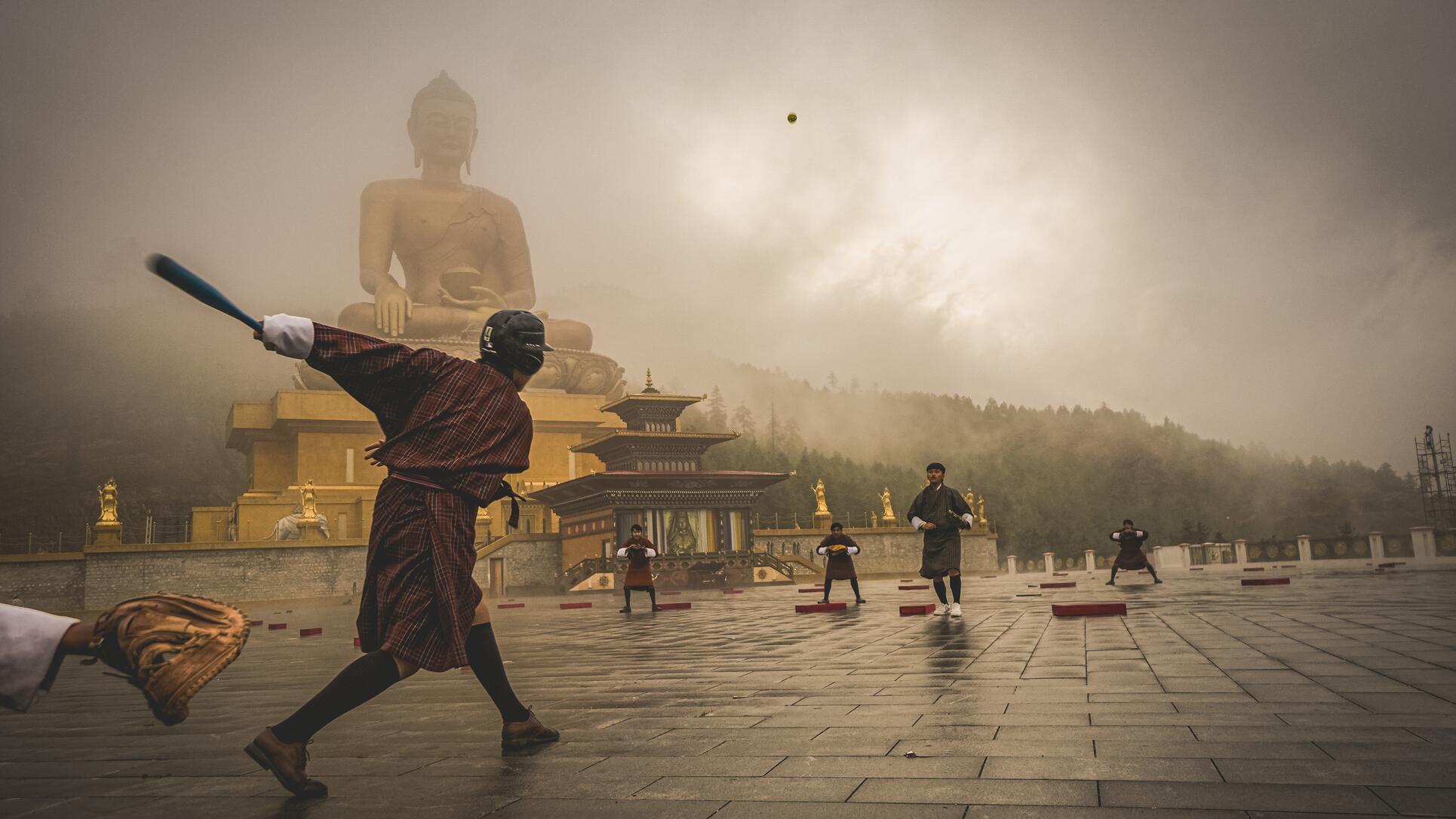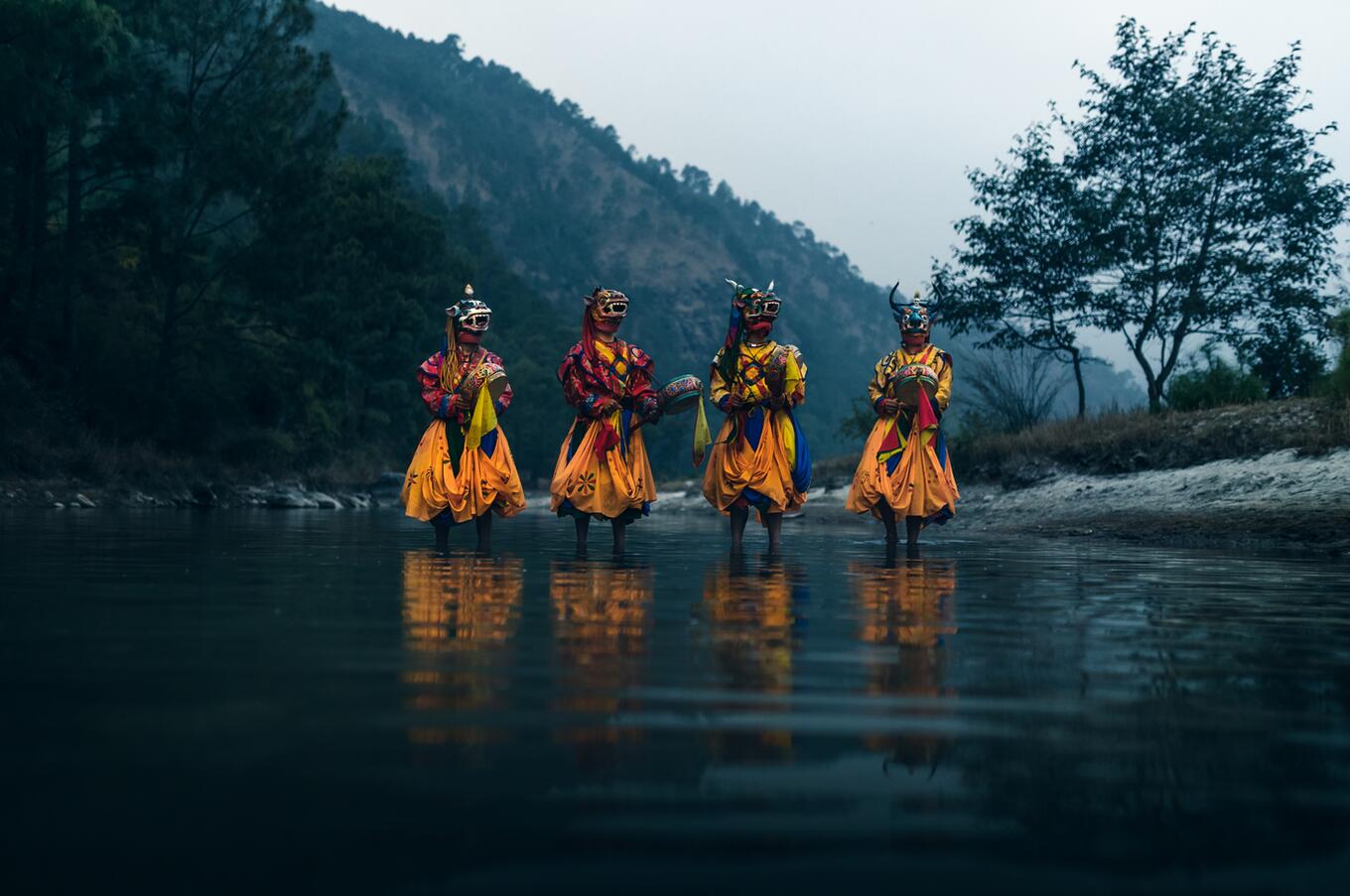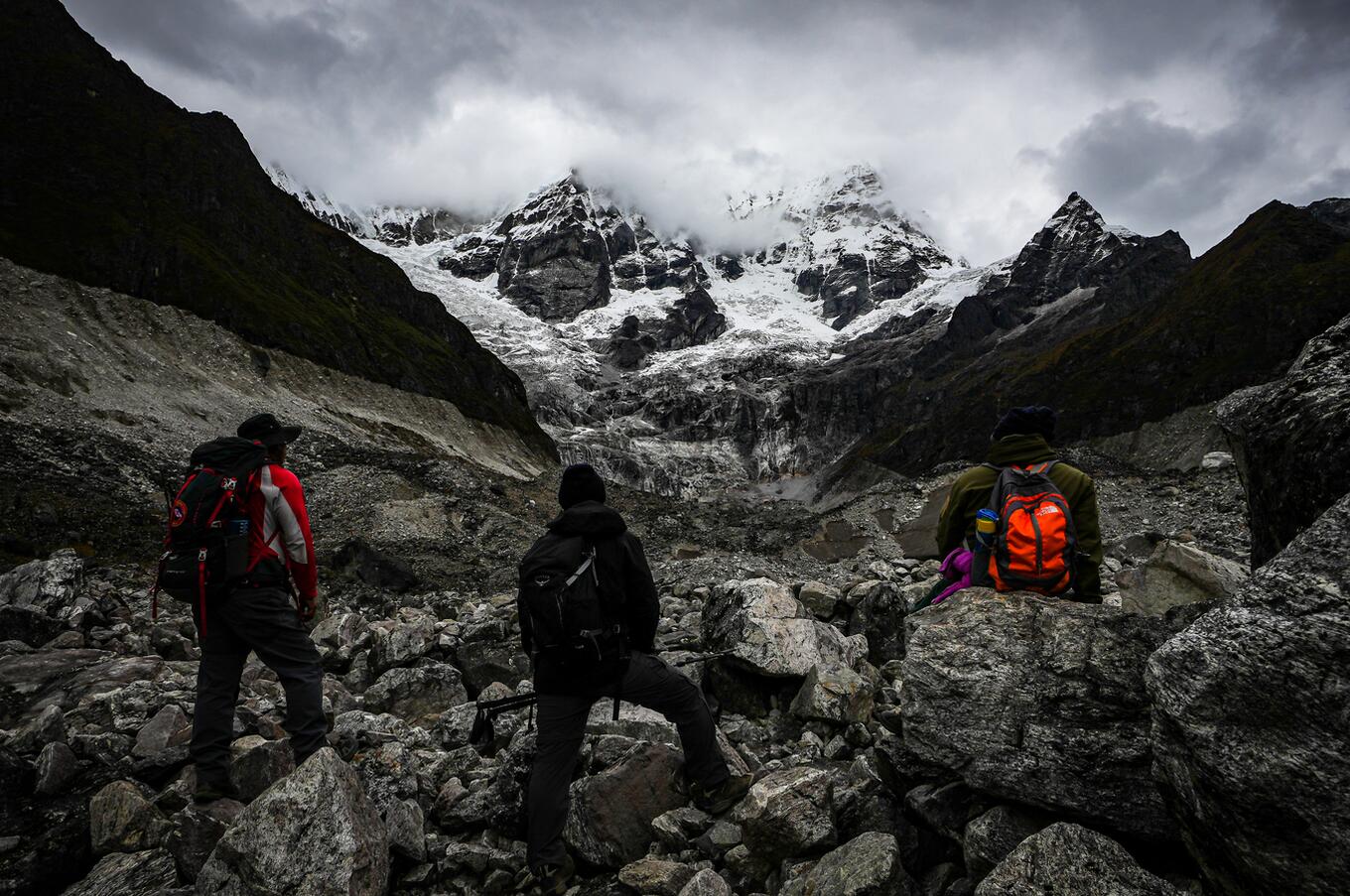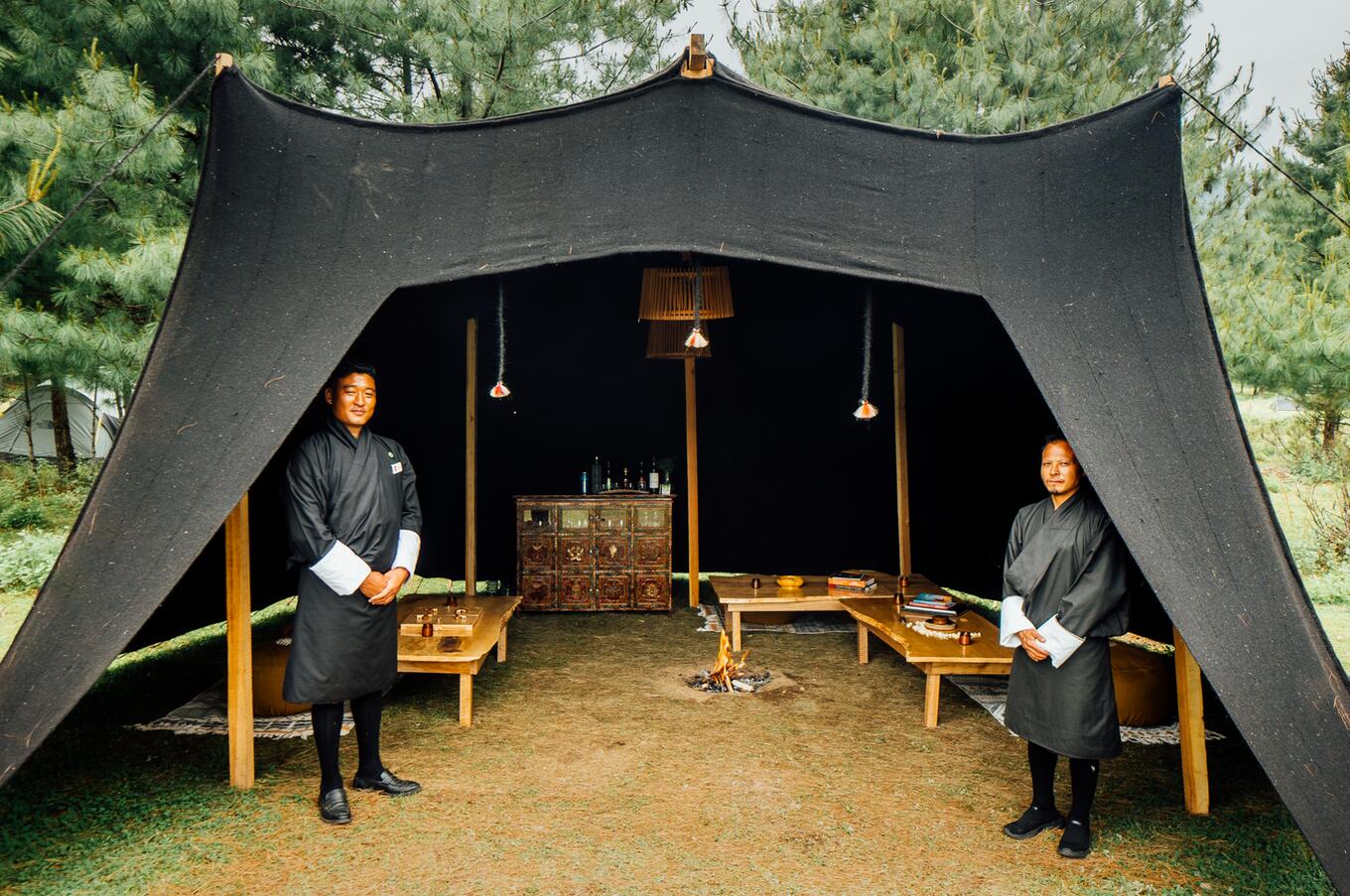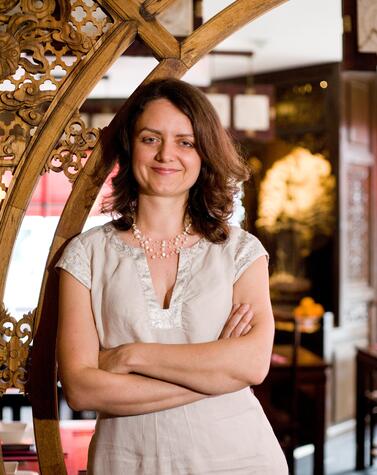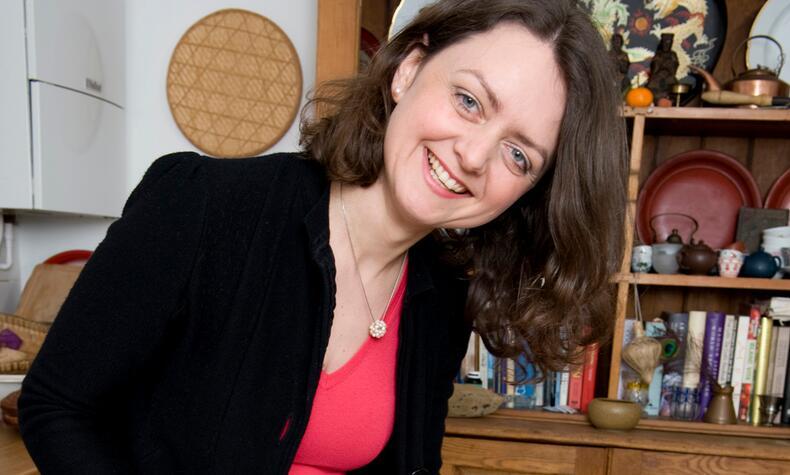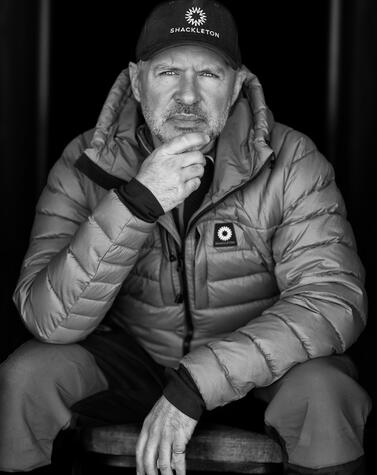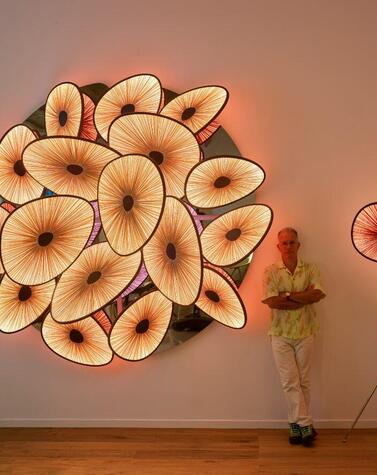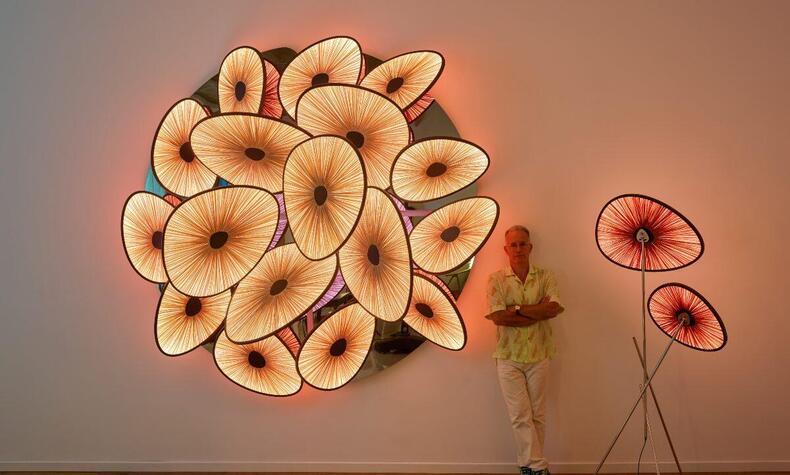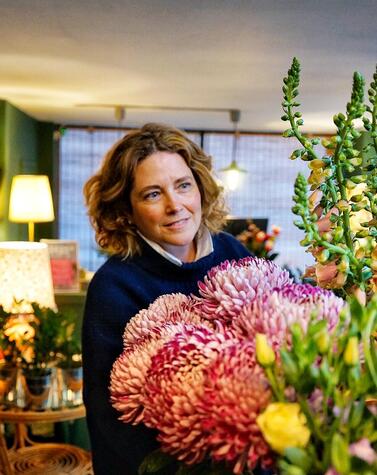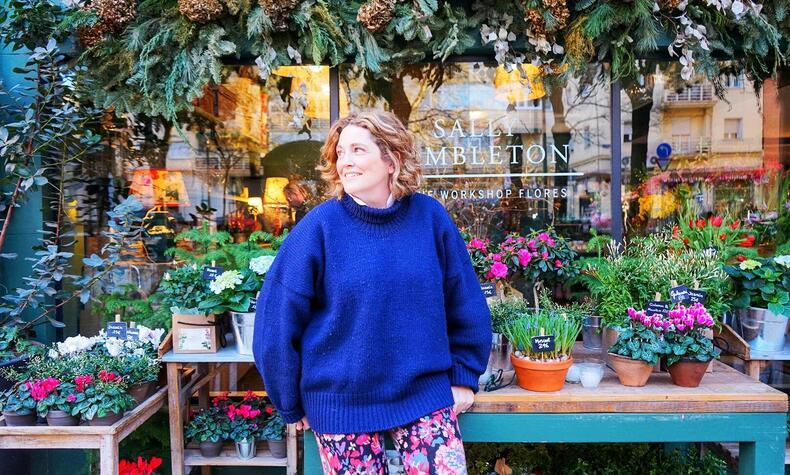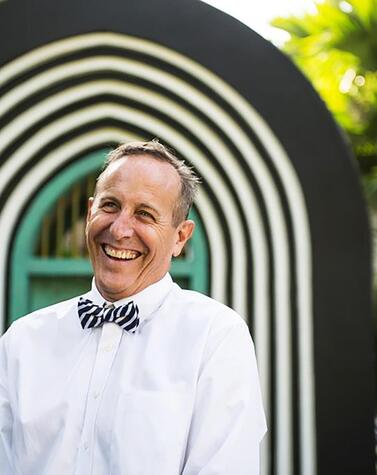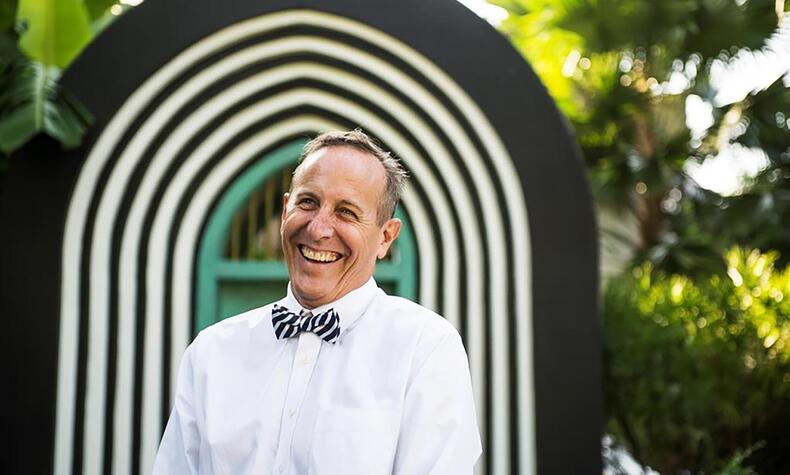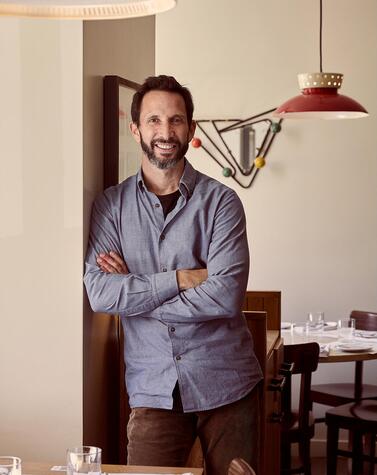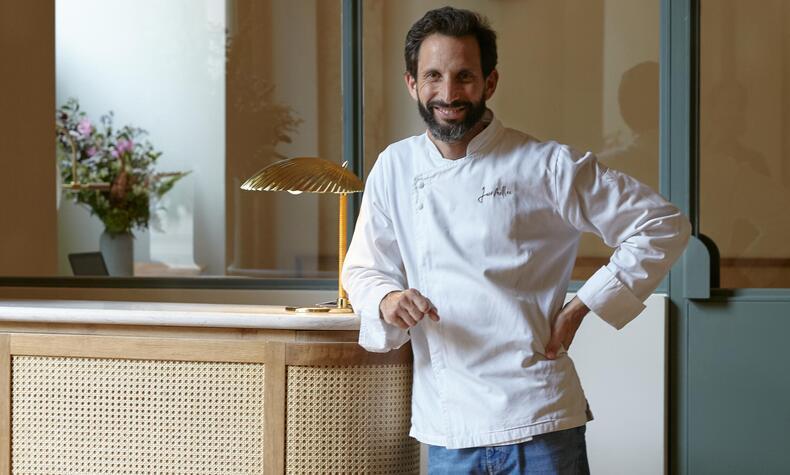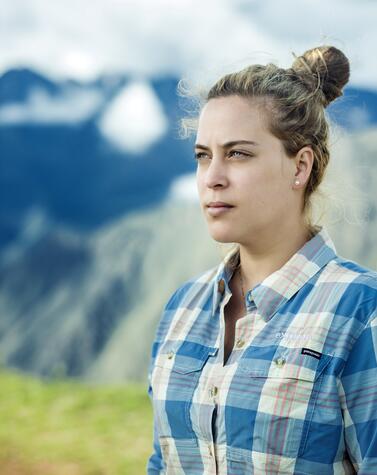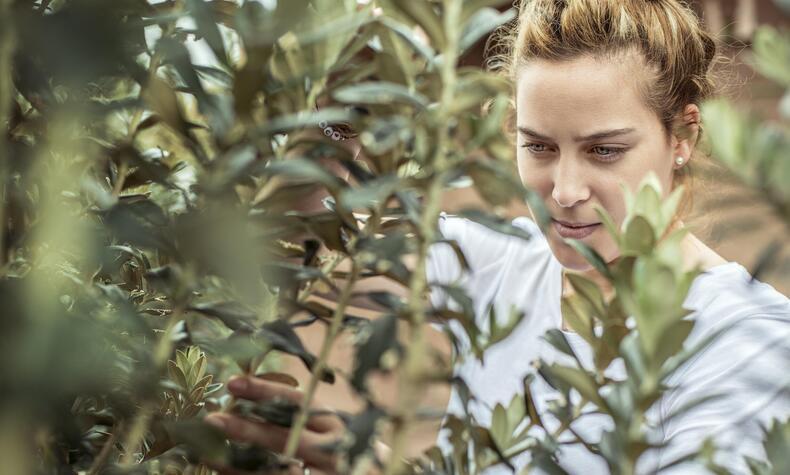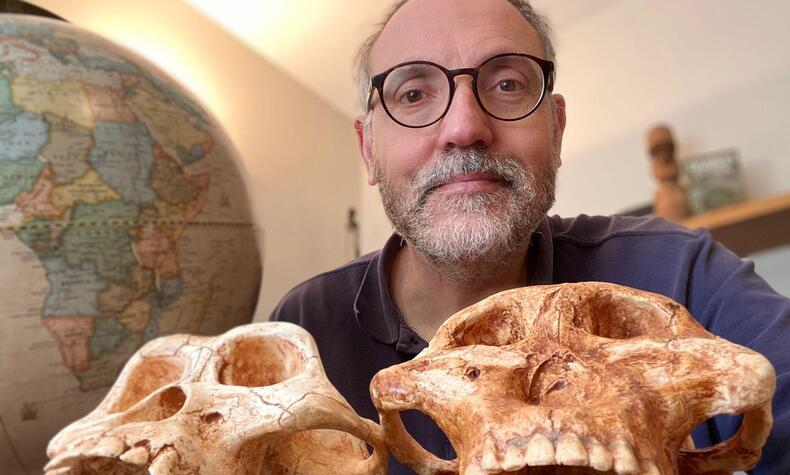Matthew DeSantis, a Westerner in the Kingdom of Bhutan
Matt is one of the longest-serving foreigners in Bhutan today. With a relationship with the country dating back to his youth, he is the founder of MyBhutan and Beyul Labs, a technology company that created the country's first online payments platform. He is also the founder of Sangwa Camp, a collection of exclusive luxury camps hidden in the deepest and most isolated regions of Bhutan.
Matt and his team have driven, funded and developed several non-profit projects including a national initiative to document, digitize and preserve the country's tangible art and religious history, a community reforestation project in several districts, the introduction of baseball as a national sport, and the founding of the Bhutanese chapter of the prestigious The Explorers Club.
Aside from his work, Matt is a representative of the U.S. State Department in Bhutan. As an avid explorer, he has mapped some of the lesser-known regions of the Himalayas and has participated in expeditions beyond Bhutan. In 2019, he was part of a team awarded The Explorers Club's "Citation of Merit" for a 2,100-kilometer expedition across the Gobi Desert with the Mongolian Academy of Sciences. This project, a pioneer in applying NASA imaging and mapping technologies, made world news for the discovery of three new dinosaur species, more than 250 fossil sites, and a large number of specimens.
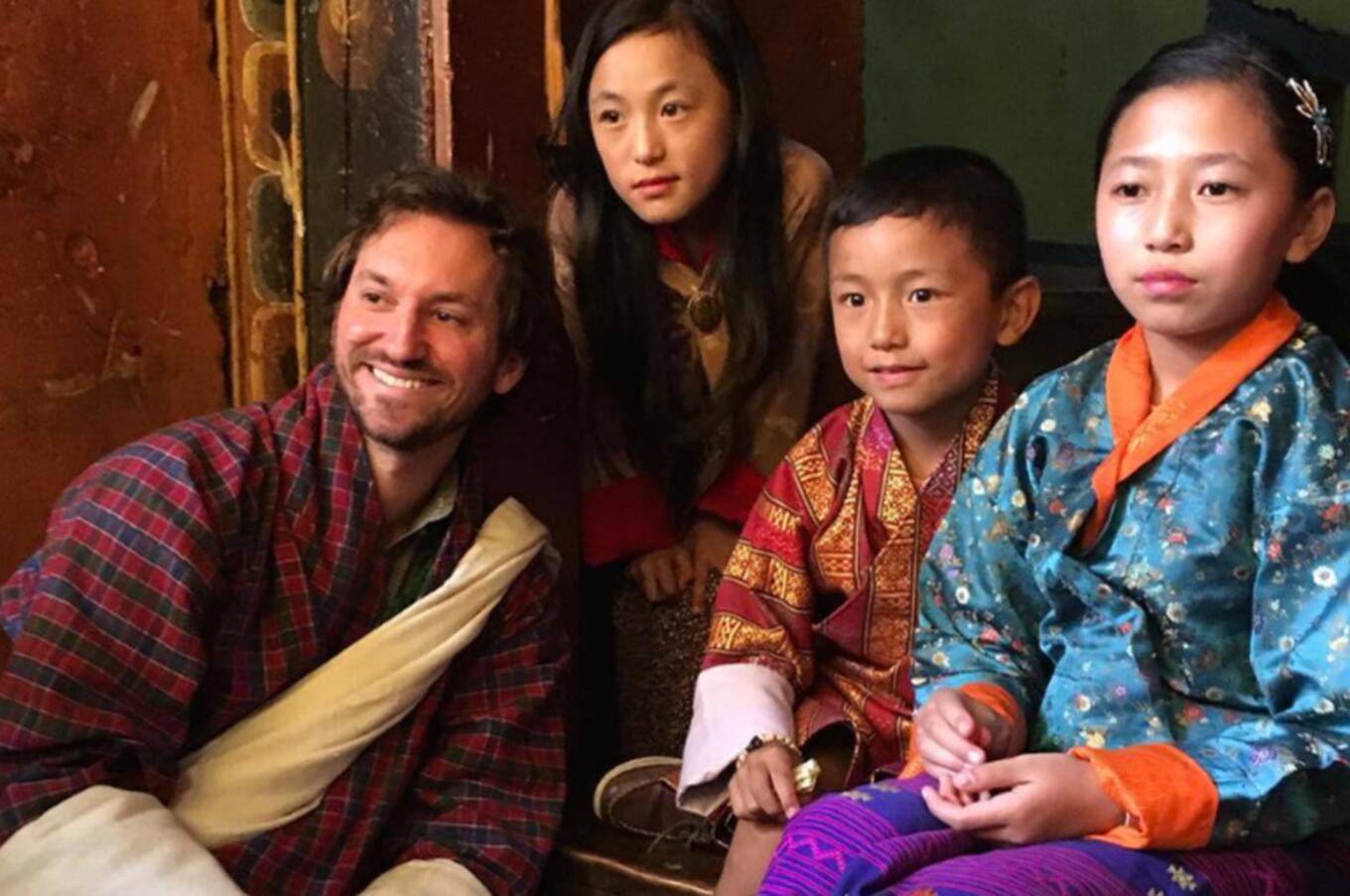
Who is Matthew Desantis?
Speaking about yourself is never easy. I consider myself someone who is deeply curious, fascinated by an ever-changing world, and committed to leaving a positive footprint: whether it's innovating, building relationships, caring for the land and the life it harbors, or empowering communities. The way I understand life and work in Bhutan has shaped the way I act, leading me to seek real and meaningful impact in every project I undertake.
Professionally, I am a passionate entrepreneur and a tireless creator. But, at my core, I am someone who finds fulfillment in solving challenges, connecting with people, and exploring the unknown. I feel fortunate to work with a team and a community that share these values and this vision for change.

How did you come to Bhutan? Or maybe the question is, how did Bhutan come to you?
I first got to know Bhutan in high school, when I met His Royal Highness Jigyel Ugyen Wangchuck as a classmate. After college, while working in the technology sector, I began developing remote systems to support both the public and private sectors in Bhutan, just after it transitioned to a democratic constitutional monarchy. What was initially going to be a month-long visit soon became my new home.
How long have you lived in Bhutan?
I moved to Bhutan fifteen years ago, when I was in my early twenties, and I feel incredibly grateful to have called this place my home for almost all of my adult life.
As a Westerner, what are the main challenges in adapting to the country?
One of the most immediate and significant lessons I learned, and one that sets Bhutan apart from any other experience I have had, was its approach to development based on Gross National Happiness (GNH). Unlike the growth-at-any-cost mentality I was used to, the Bhutanese model puts people's well-being, cultural preservation, and environmental sustainability at the center. GNH understands development as a holistic and balanced approach, where spiritual, social, and environmental health are as important as economic progress. This philosophy completely transformed my understanding of what true progress can and should be.

Some say that going to Bhutan is like going back in time to the 19th century. What do you think about that?
I would describe it more as a return to a natural state of being. Bhutan has managed to move forward by deeply respecting its connection to nature, culture, and traditions. There is a palpable energy of interconnectedness among all beings, both sentient and non-sentient, rooted in an enduring bond with the land and among people. It is not about going back in time, but a place that has remained true to the fundamental roots of humanity and the purpose of our existence.
To visit Bhutan, you have to pay the Sustainable Development Tax (SDT), about $100 per person per day. Some say it's the way forward to solve the impact of excessive tourism on the world, and others say it's discriminatory to well-meaning travelers. What do you think about it?
"Excessive tourism" is a somewhat vague term, but ideally, the number of tourists should maintain a linear relationship with the size of a country's population to maintain a balance that supports a wider variety of businesses and ensures that resources are managed sustainably, benefiting both the local community and visitors.
While I initially supported the old Minimum Daily Package Rate (MDP) policy, which set an all-inclusive rate of $250 per person per night, I later came to see it as a double-edged sword. Although it positioned Bhutan as an exclusive destination, this policy caused most travelers to opt for the all-inclusive package, limiting the ability of service providers to innovate and offer unique experiences. The result was a wave of standardized and stereotypical travel aimed at a narrow market segment, which eventually saturated the segment of the industry that caters to this type of customer. However, for the industry as a whole to thrive, innovation must be encouraged at all levels.
I believe the new policy, which introduces the TDS as a stand-alone levy, will encourage greater innovation in the country's tourism offerings. Destinations that face "over-tourism" or rely on minimum package rates inevitably lead to saturation in the sector, limiting the ability of visitors to experience the country beyond typical tourist routes. In addition, Bhutan's SDF helps fund education and healthcare, benefiting the local community and indirectly improving the visitor experience.
While many come to Bhutan with the goal of making the ascent of Taktsang (Tiger's Nest), attending festivals, or exploring its spiritual side, almost all leave with indelible memories of the warmth, humor, and wisdom of the Bhutanese people.
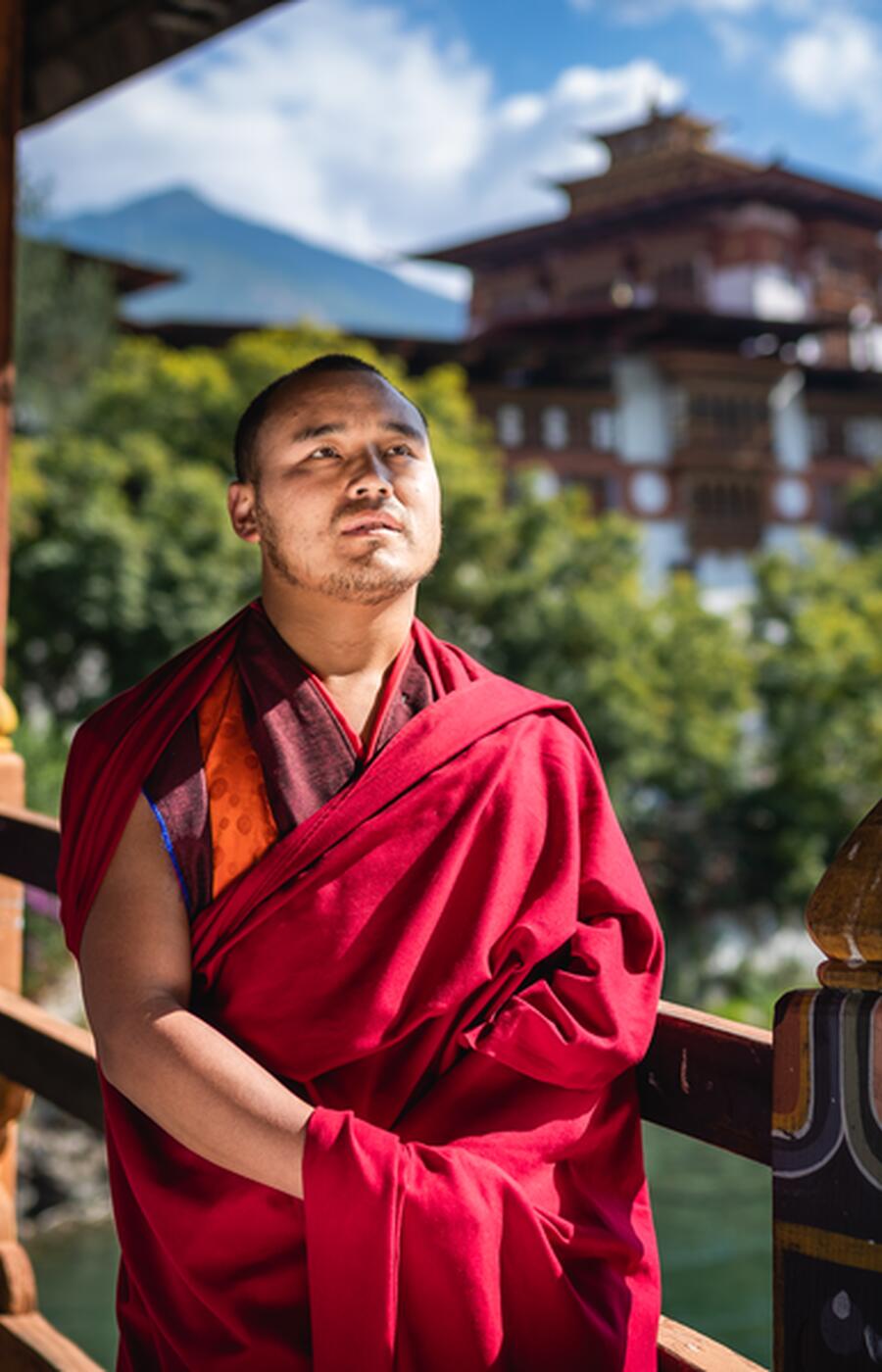
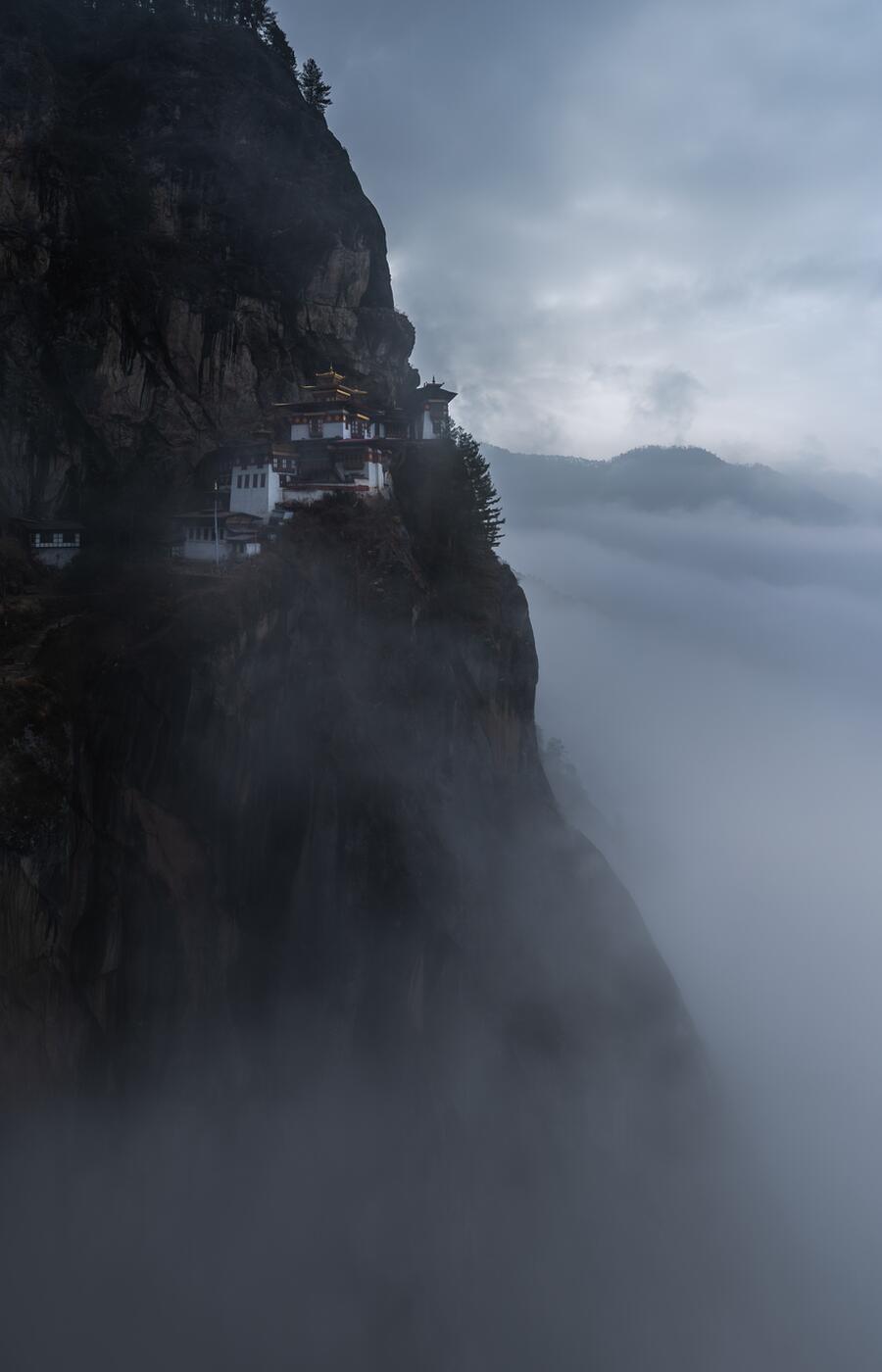
You are known for introducing and making baseball an official sport in the country. How did that happen, and how do you see baseball growing there? How did the photo you took that went viral help raise awareness?
Introducing baseball in Bhutan has been as unexpected a journey as it has been fascinating. When I arrived in the country, the sport was virtually unknown. However, thanks to the continued support of the Bhutan Olympic Committee, under the leadership of its president, His Royal Highness, who has transformed the sporting culture into a key pillar of Bhutanese society, baseball has grown to include more than 5,000 registered youth players.
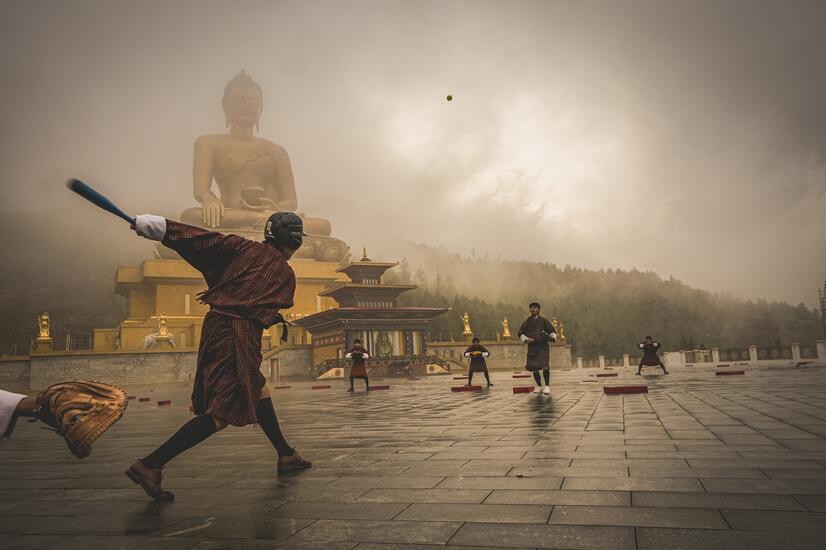
What started as a small one-week camp organized with my friend Karma Dorji soon expanded when hundreds of children joined. From that moment on, we set out to continue and consolidate the project. This resulted, over the course of a decade, in the creation of various youth leagues and clubs in six of Bhutan's twenty districts.
A turning point came unexpectedly when the photograph went viral, which greatly accelerated the program's growth. This milestone attracted team donations and sponsorships, allowing more young people across the country to get a bat and ball in their hands. It also opened the door to a unique experience for twelve young Bhutanese, who traveled to New York to participate in the first "Bhutan Day" during a Hudson Valley Renegades minor league game and had the privilege of running around the Yankee Stadium field alongside their major league idols.
I am especially grateful to the players and coaches who have enthusiastically embraced the sport and who are, without a doubt, the key drivers of its growth in Bhutan.
What does traveling mean to you?
For me, traveling means being welcomed by communities that invite you to connect deeply with them: living alongside the people, understanding why they have chosen that place to build their lives, how they sustain it, and what fills them with pride or gratitude for their way of life. It is to learn their ancestral traditions, their songs, their folklore, and heritage, understanding how these timeless practices continue to shape their day-to-day lives.
It also means venturing into the less explored corners of the planet: mountains, rivers, and jungles, discovering the ecosystems that thrive there and how the inhabitants of those lands adapt and survive, with the possibility of uncovering new scientific knowledge along the way.
Traveling is about building connections that become indelible memories or even lifelong friendships. Ultimately, it is learning, sharing wisdom, and fostering mutual growth and deeper understanding with those we meet along the way.
What is luxury to you?
All of the above.
Most hotels in Bhutan are international luxury brands, with rates hovering around 1,500 USD per night, plus SDF. In the future, will Bhutan be a destination accessible only to the wealthiest travelers?
I don't think so. While we have impressive luxury resorts, Bhutan offers a wide range of accommodations. From five-star properties to more affordable three-star options, and even cozy family-run cottages with unique charm. There are options for every type of traveler, each with its own personality and appeal.
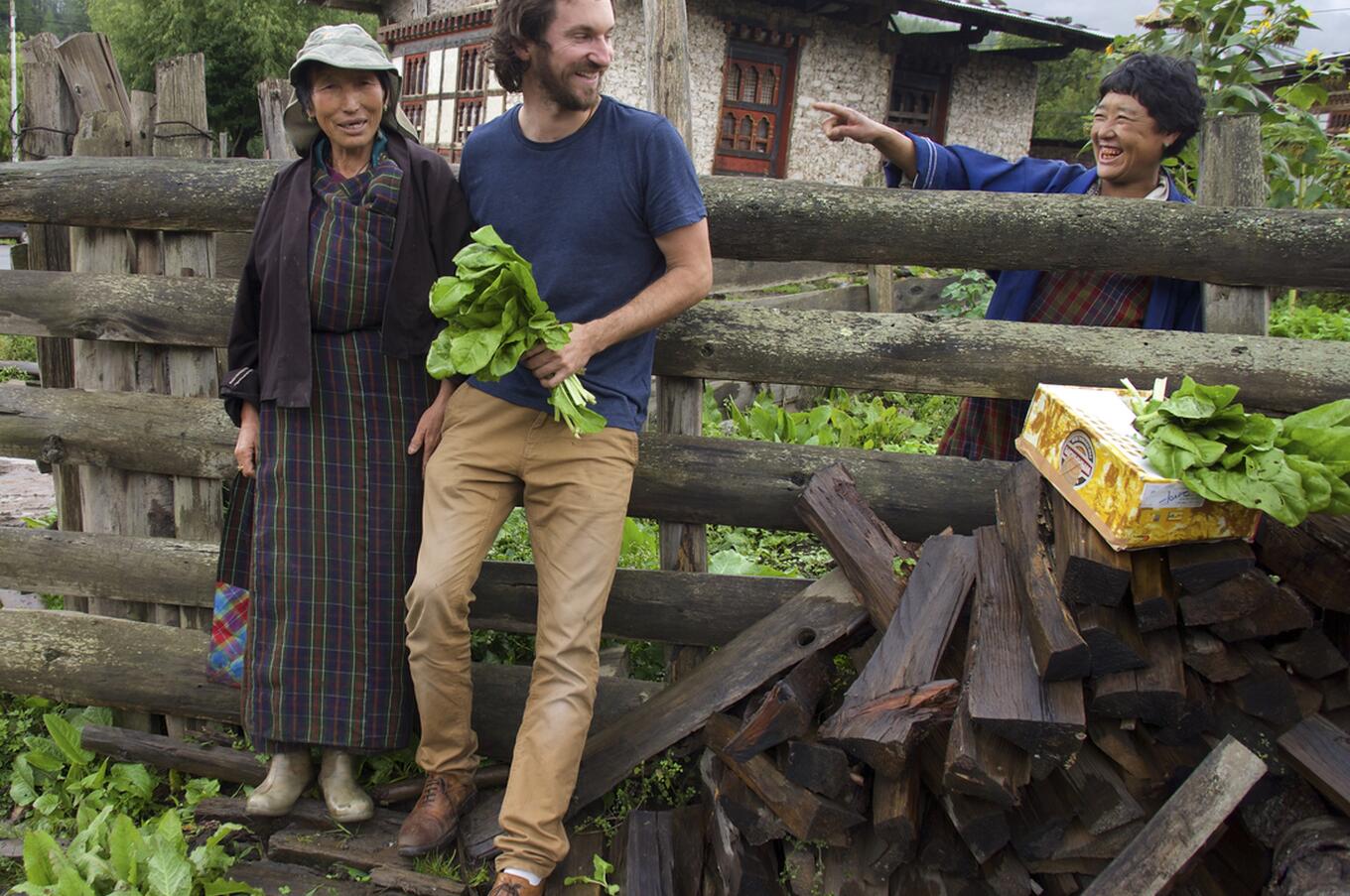
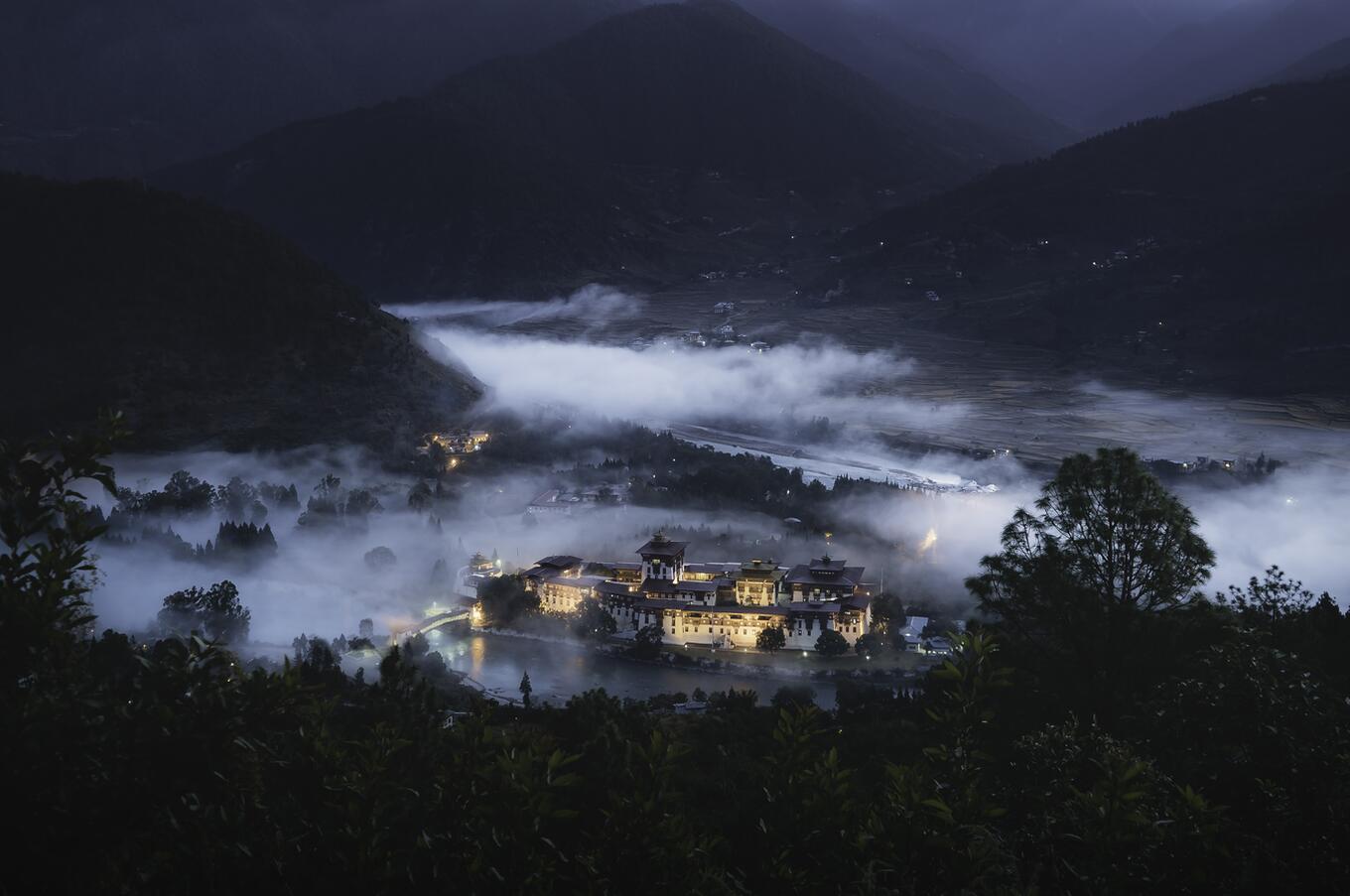
Why do you think people should or should not visit Bhutan?
Bhutan is a place with many layers of existence, a land rich in history, wisdom and spirituality. It offers endless opportunities for discovery, and every corner of the country, from its lush valleys to its towering mountains, holds secrets passed down through the centuries. My own experience here has been one of profound personal growth, and I will always be grateful for the opportunity to learn about Bhutan's history and explore its most unexplored lands, guided by those who know its mysteries.
After many years living in this country, I thought I understood its people and its territory well. However, it was not until a friend, a Rinpoche, invited me on a spiritual pilgrimage that I realized how much I had yet to discover. For a long time, I put off the experience, caught up in the hustle and bustle and lack of awareness. But when I finally went, a new dimension of Bhutan's depth and mystery opened up before me.
On both physical and metaphysical planes, Bhutan is a place to explore for myriad reasons: its culture, its spirituality, or its breathtaking natural beauty. Its layers are timeless, and every moment here moves, teaches, and inspires you in ways you would never have imagined.
For someone who has never been to the country, what are the must-sees?
Too many to count. Of course, you can't miss a pilgrimage hike to Taktsang Monastery, known as the Tiger's Nest, perched on a cliff. Trying local dishes such as datshi (a savory chili cheese) or hoentay (buckwheat dumplings) is a must. You can also relax in the traditional hot stone baths or enjoy the natural hot springs.
Paro is worth a longer visit for history buffs, while Thimphu combines Gross National Happiness-inspired development with a vibrant dining and nightlife scene. Punakha is ideal for those seeking outdoor adventure, and the Gangtey Valley stands out for its serene natural beauty. Bumthang is deeply tied to spirituality, while Haa, the last district open to tourism, offers the opportunity to experience traditional village life and enjoy spectacular day trekking trails.
What are your favorite places in Bhutan?
Some of my favorite places in Bhutan are Haa, Laya, Tsirang and Zhemgang. These places hold a special place in my heart, as I have developed deep personal connections with each of them over the years.
Your next project?
We are expanding our exclusive collection of luxury Sangwa Camp, designed to offer travelers a unique experience in the most remote and hidden regions of Bhutan. Each valley is carefully selected for its distinctive qualities, ranging from its richness in gastronomy and subcultures to ancient spiritual traditions, the deep meaning of its songs, traditional handicrafts, and the presence of unique and singular animals in the area.
Your next trip
I will soon be going to visit the Lhop community, also known as the Doyas, in southern Haa. The Doyas are an indigenous community living in the remote forested regions of Haa, traditionally in bamboo huts. This community has a unique dress, a language of its own, and a special connection to the forest, on which they depend for food, materials, and spiritual practices.
